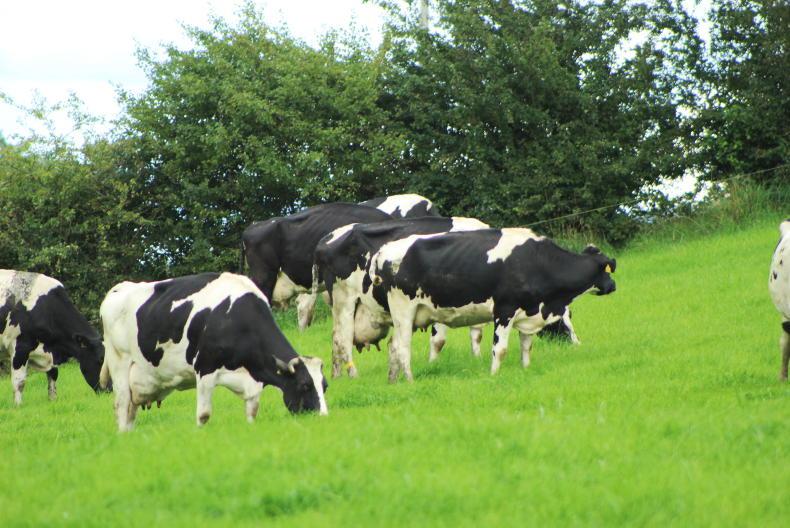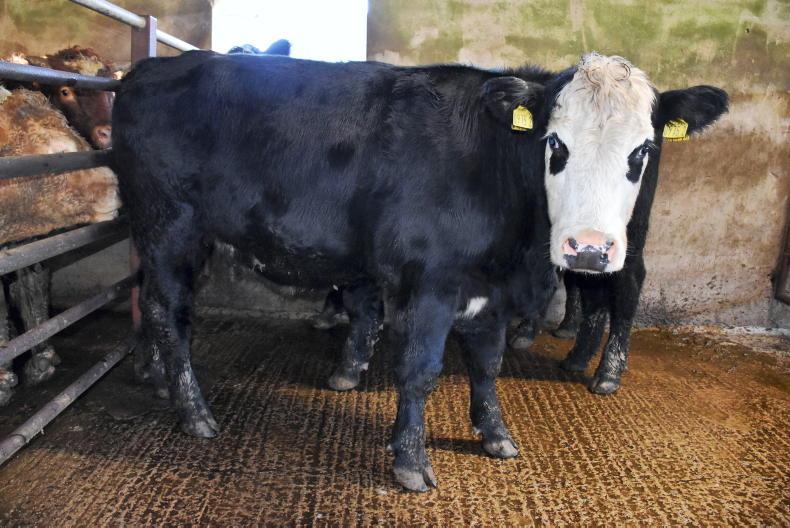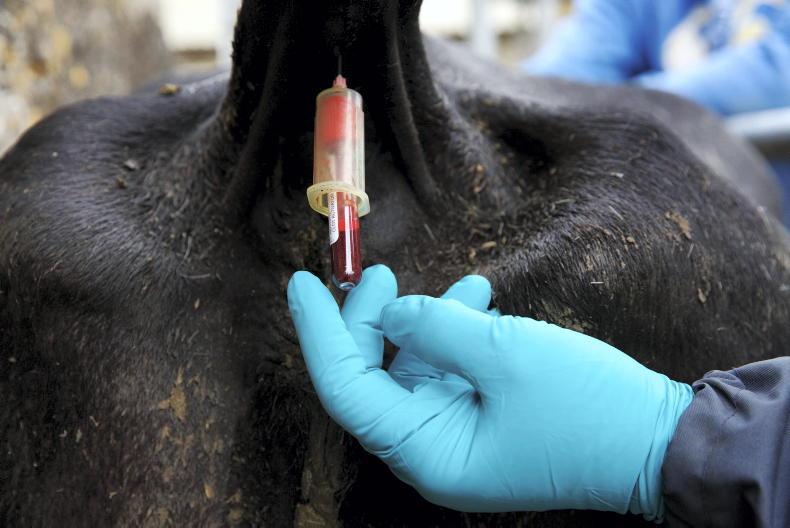Serious issues relating to the Northern Ireland (NI) Protocol need to be addressed as a matter of urgency, the dairy committee of the Ulster Farmers’ Union (UFU) has warned.
The most pressing matter related to the supply of veterinary medicines from Britain, but the UFU also cited concerns around cattle movements, the availability of plant protection products and the trade in farm machinery.
“While the NI Protocol has provided practical benefits for the local dairy industry, demonstrated by the fact that 800 million litres of milk continues to flow over the border, the challenges it has also created cannot be dismissed and must be addressed urgently,” said chair of the UFU dairy committee Kenny Hawkes.
Grace period
“As it stands, with the extended grace period for medicines coming to an end on 31 December, all veterinary products used in the EU, including Northern Ireland, must be licensed in the EU,” he explained.
“Farmers are growing increasingly anxious at the lack of movement to address this issue, because without a solution, this could see UK veterinary medicines destined for NI having to be re-licensed for NI and some companies may deem this as not cost effective given the limited size of the market in NI,” Hawkes claimed.
This means a large range of everyday veterinary products would be affected, including anthelmintics, anti-inflammatory drugs, vitamins and vaccines, he maintained.
“Cattle movements is another major issue for our farmers. Since January 2020, unreasonable restrictions were put in place when exporting livestock from Great Britain (GB) to NI.
"Many of our farmers would have sold pedigree bulls into GB, but the restrictions have brought this to an end and has also affected the importation of dairy heifers,” Hawkes said.
Plant protection
Hawkes said the supply of plant protection products had also been affected by the protocol as EU sanitary and phytosanitary rules continue to apply in NI.
While plant protection products could be sourced from the Republic, Hawkes claimed there was a danger that NI farmers may end up using a product which is not permitted in NI/GB.
“Moving second-hand machinery between GB and NI is also being affected by the NI Protocol, because all machines must be free of soil and other potential contaminants for entry into NI,” he added.
The UFU asked the Dairy Council for Northern Ireland for support in finding a resolution to the ongoing difficulties.










SHARING OPTIONS